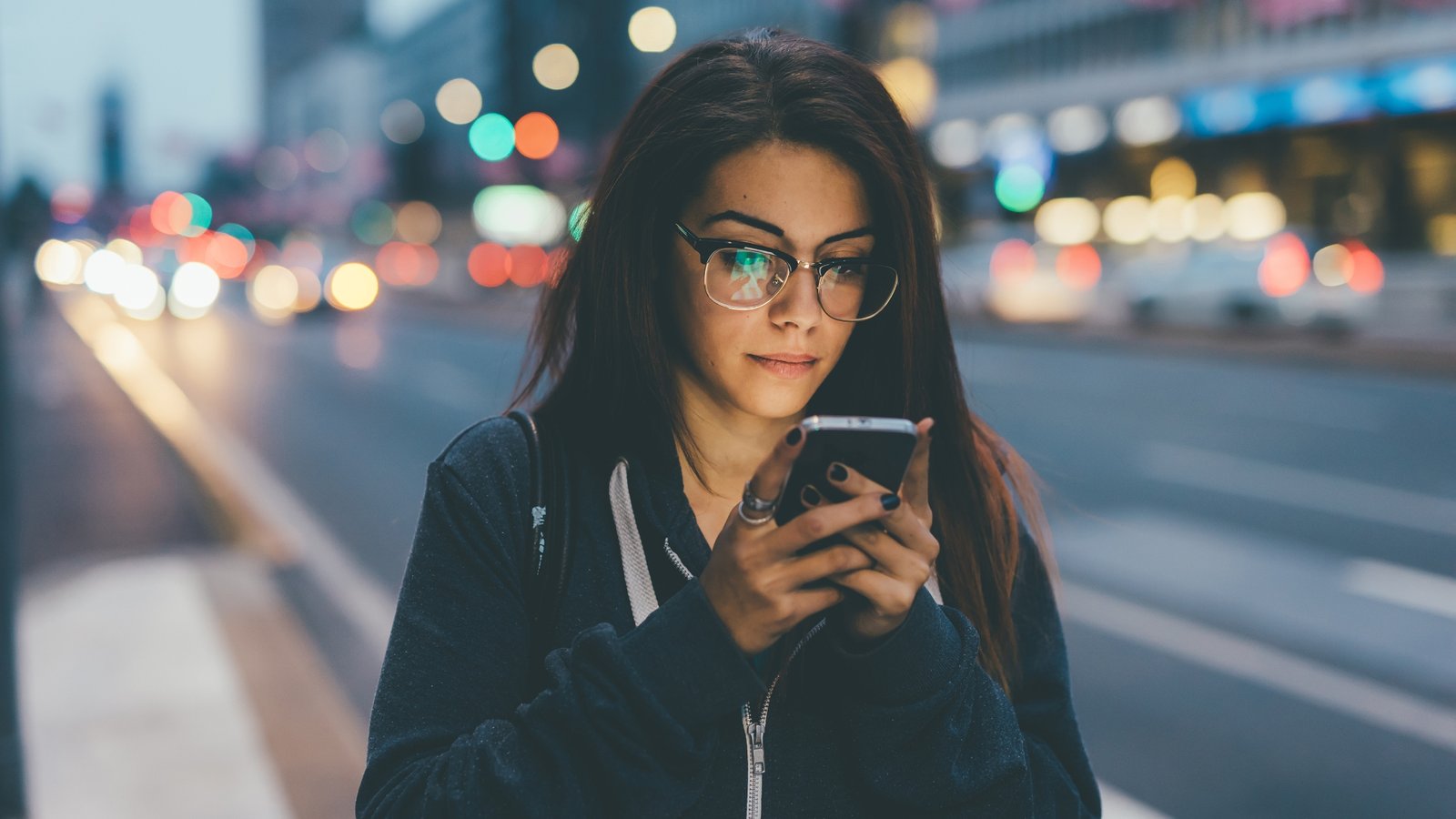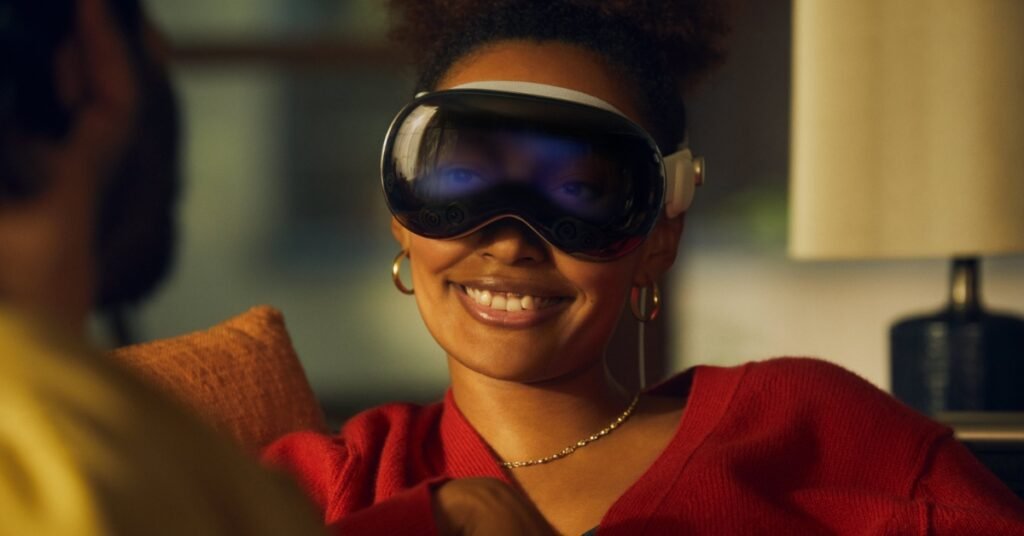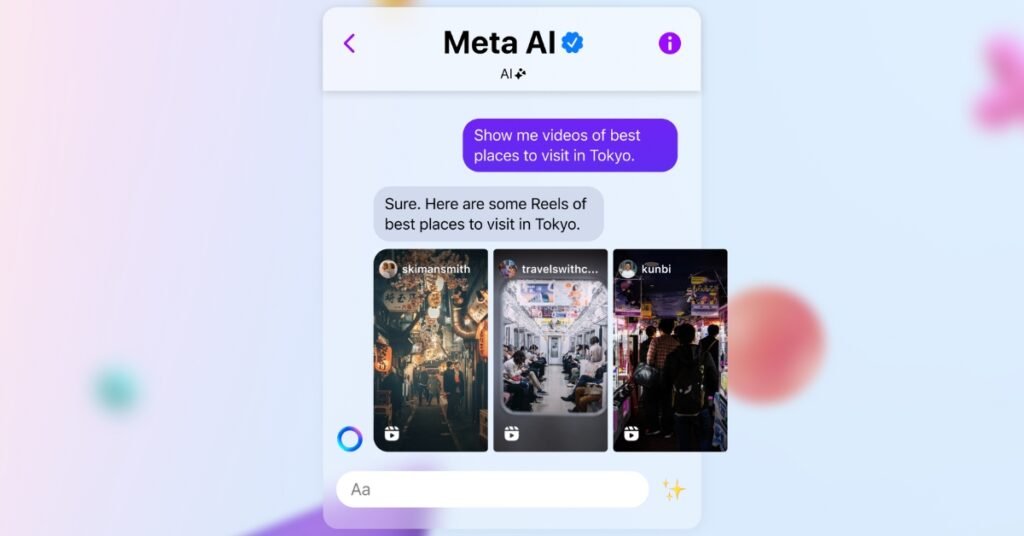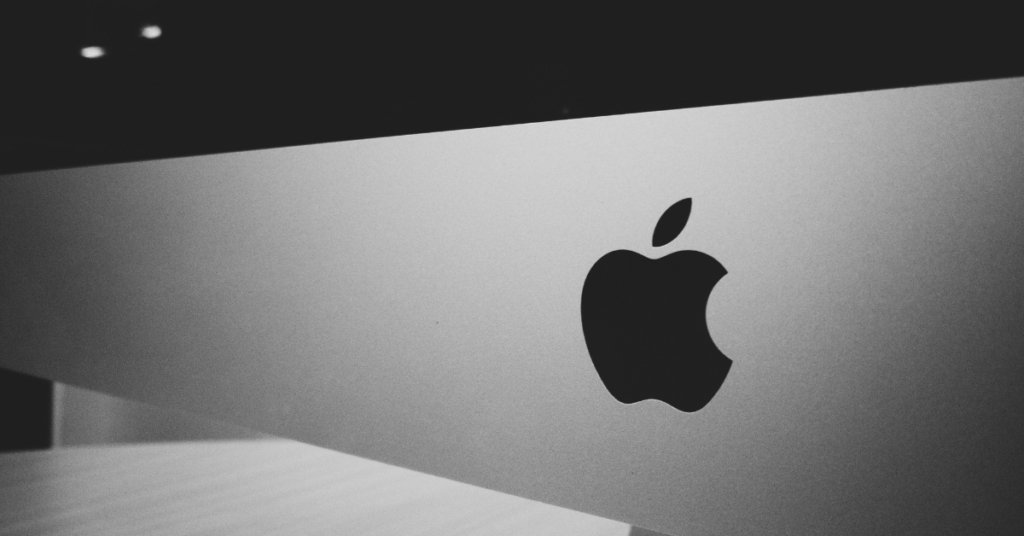Understanding Nomophobia: Addressing phone addiction, mental health impacts, and tips for healthier mobile usage.
Table of Contents
The Rise of a Modern Phenomenon Nomophobia
In recent years, a new kind of anxiety has emerged known as Nomophobia.
This term, derived from “No (no) Mo (mobile) Phobia (fear),” describes the discomfort or panic one feels when disconnected from their mobile phone or the digital world.
The rise of smartphones over the last two decades and their deep integration into our daily lives have made them indispensable tools, serving various purposes beyond calling and texting, such as making payments, accessing government services, and entertainment.
Prevalence and Signs of Nomophobia
A study by Deloitte highlights the prevalence of this phenomenon, revealing that approximately 20% of people check their phones more than 50 times a day, amounting to once every 20 minutes during waking hours.
However, what happens when we are unable to put down our phones?
Research Insights: The Link Between Nomophobia and Sleep Deprivation
Dr. Eric Lim from the University of New South Wales, after experiencing Nomophobia himself, conducted a study involving over 5,000 students in China.
The research discovered a positive correlation between nomophobia and sleep deprivation, both adversely affecting physical and mental health.
Notably, users who deeply engaged with one app instead of superficially using many were more prone to poor sleep.
The Psychological Impact: Addiction and Brain Hijacking
There is an ongoing debate about classifying smartphone usage as addictive.
However, Dr. Lim notes that smartphones have a reward system similar to other addictions.
Notifications and online activities trigger a reward response, akin to how addiction manifests in humans and animals.
In this context, Nomophobia can be likened to withdrawal symptoms in addiction.
Consequences on Sleep Patterns and Attention Span
Nomophobia and phone addiction can significantly impact attention spans and sleep quality.
Sleep researcher Grace Vincent from CQUniversity’s Appleton Institute explains how phone light tricks the brain into staying awake, causing delayed sleep.
This is exacerbated by night-time phone scrolling.
Recommendations for Healthier Phone Habits
To combat these effects, experts like Dr. Vincent recommend avoiding phone use at least an hour before bedtime and opting for a book instead.
Setting alarms for sleep times and keeping phones away from the bed can also help.
Dr. Lim shares his strategy of replacing his Twitter habit with reading books and not using his phone during the first two hours of his day, finding these changes more beneficial for his mental health.
Summary
In summary, while smartphones offer numerous benefits, being aware of Nomophobia and its potential impacts on our health and well-being is crucial.
Implementing conscious habits to regulate phone usage can lead to a more balanced and healthier lifestyle.






